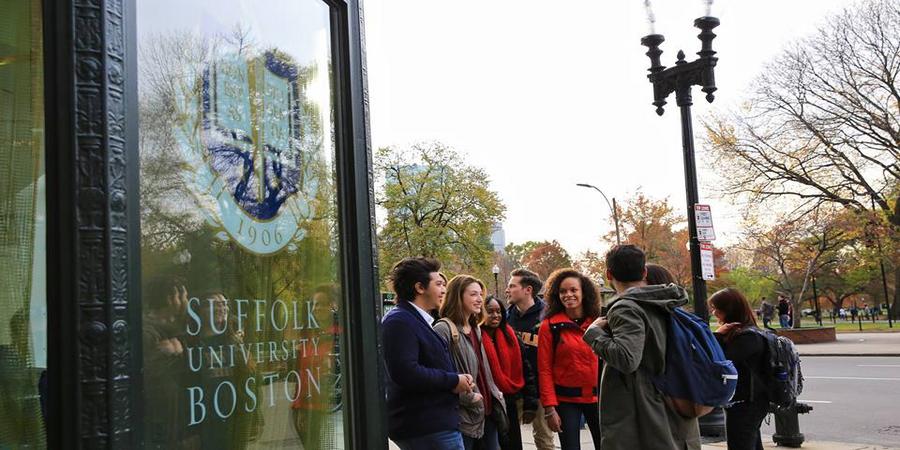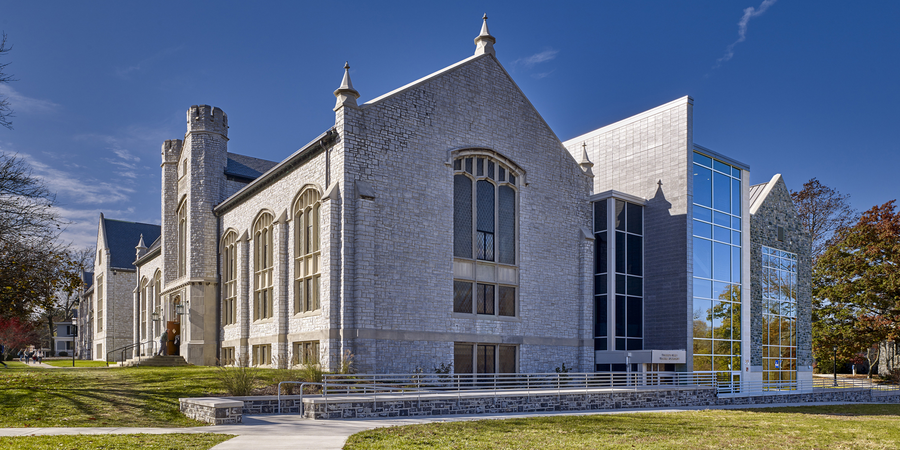Suffolk University Boston
- University
- College
- Co-educational private schools
- english
About the Suffolk University Boston
History of establishment Suffolk University was founded in 1906 as an evening school for adults. Since then, the university has significantly expanded and has become a fully-fledged educational institution offering undergraduate and graduate degrees. Key events in the history of Suffolk University: 1930 - gaining university status with accreditation to award degrees. 1960s - expanding programs, including new faculties such as the law and business faculty. 1990s - opening new buildings on campus and increasing the number of international students. 2000s - active development of internship programs and partnerships with local businesses, strengthening the connection between the university and the business community. Educational philosophy and approaches to teaching Suffolk University's educational philosophy is based on the principles of inclusivity, practical learning, and global thinking. The university offers students the opportunity to: Develop critical thinking through an interdisciplinary approach to education. Participate in practical projects, internships, and research, enabling them to apply theoretical knowledge in practice. Explore global issues, contributing to the formation of responsible global citizens. Role and significance of the educational institution Suffolk University plays an important role in the educational system of the region and the country. It serves a diverse population and provides access to quality higher education for students from various segments of society. The university actively collaborates with local institutions and businesses, allowing students to gain work experience and build professional networks.
MoreLoading...
Admission conditions in Suffolk University Boston
Age restrictions: The minimum age to apply is 17 years old at the start of studies (for the undergraduate program). Application: You can apply through Common Application or directly through the Suffolk University website. Application fee: The application fee is $60. A waiver is available for students with limited financial resources. Academic requirements: You must provide a high school diploma with good grades (a GPA of at least 2.5 on a 4.0 scale is recommended). For international students, the diploma must be translated into English. Standardized tests: SAT and ACT are not required, but may be recommended to assess academic abilities. If scores are provided: a minimum SAT score of 1000 or ACT score of 20 is recommended. Recommendations: You must provide two letters of recommendation from teachers or other credible individuals who can confirm the academic and personal qualities of the candidate. School report: A School Report from your current school is required, including information about coursework and performance. Essay: You must write a Personal Statement in which you discuss your goals, motivation, and reasons for choosing Suffolk University. English language proficiency documents: For international students, test results for English proficiency, such as a minimum score of 79 on the TOEFL or 6.5 on the IELTS, are required. Financial documents: International students must show proof of financial means, such as a bank statement or a sponsorship letter confirming adequate funds to cover tuition and living expenses. Additional requirements: Some programs may have additional requirements, such as portfolios for creative majors.
MoreMinimum rating for admission to Suffolk University Boston
Grade Point Average (GPA): It is recommended to have a Grade Point Average (GPA) of at least 2.5 on a 4.0 scale. This indicates a good enough academic performance to be admitted to university. Standardized tests (optional): Although SAT and ACT results are not mandatory for most applicants, if provided, it is expected that: The minimum SAT score should be around 1000 (out of 1600). The minimum ACT score should be around 20 (out of 36).
Prospects after completing studies in Suffolk University Boston
Graduates of Suffolk University in Boston have broad perspectives thanks to the quality education and practical skills acquired during their studies. The university actively collaborates with local companies and organizations, which helps students succeed in finding employment. Most graduates find jobs in areas such as business, law, journalism, healthcare, and social sciences. According to university data, over 80% of students find employment or continue their education within six months after graduation. A strong alumni network provides additional opportunities for career growth and mentorship. Graduates can also pursue further education in graduate schools or professional schools, opening up new horizons in their careers. The emphasis on developing critical thinking, leadership qualities, and practical skills makes graduates competitive in the job market, contributing to their success in a rapidly changing world.
MoreTitle | Age | Period |
|---|---|---|
| Pre-Masters (english) | 20+ | 1 semester |
| Academic English courses | 16+ | 1 semester |
| International Year One (english) | 16+ | 1 semester |
| Bachelor's Degree program in English | 18+ | 1 year |
| Master's Degree program in English | 21+ | 1 year |
| Transfer programme (english) | 16+ | 1 semester |
Leave a review
Loading...















Reviews